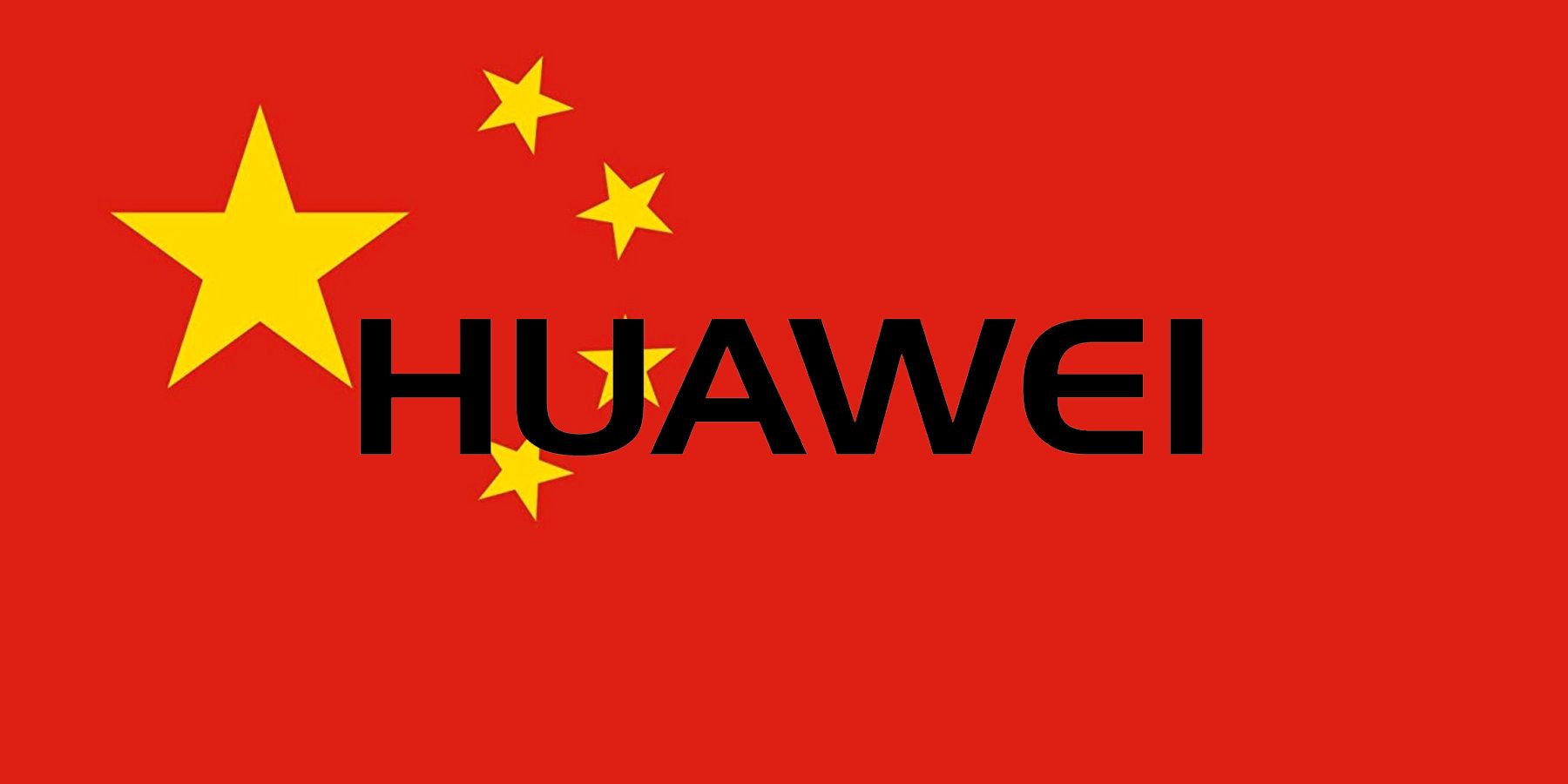The US Government claims to have found proof that Chinese tech manufacturer Huawei has backdoor access to the mobile networks it helped create. Tech experts originally coded in hard-to-access security workarounds so that entities could access data that might otherwise be inaccessible. Often, this is so the manufacturer can aide a customer with accessing their locked devices. National Security Adviser, Robert O’Brien said: “We have evidence that Huawei has the capability secretly to access sensitive and personal information in networking systems it maintains and sells around the world.”
Huawei is a Chinese multinational technology company that sells both industrial and consumer-grade electronics, like cell phones and 5G network infrastructure. In response to the accusations, Huawei said representatives said that the company “has never and will never covertly access telecom networks, nor do we have the capability to do so.” If the US government is correct, Huawei could have back-door access to every device connected to potentially any mobile network it had a hand in establishing. However, while officials claimed to have evidence of Huawei’s capability to covertly access information, they have not yet publicly revealed proof that these backdoors have been used.
Last May, the White House pushed an executive order that enabled any purchase of foreign-made technology to be blocked, should it be deemed a security threat. Similarly, Google and several suppliers have either restricted Huawei’s access or are considering cutting relations entirely.
Huawei's Link To The Chinese Government
UK Prime Minister Boris Johnson gave Huawei permission to construct the less important parts of the UK’s 5G network. However, they capped Huawei’s market share at 35% and kept them from operating in key geographical areas due to security concerns. The UK’s secretary of state for Digital, Culture Media and Sport, Nicky Morgan, said in a statement to parliament, “High-Risk vendors never have been and never will be in our most sensitive networks.” This decision was made before the recent revelations.
The United States’ accusations of Huawei comes at a time when tensions with China are high. While Huawei has repeatedly denied claims of having close ties to the Chinese government, the local mainland government mandates that every corporation share any of its data with the government.
Huawei’s headquarters is in Shenzhen, China, which places it on the edge of Hong Kong. Due to its proximity and significance, Shenzhen gained “Special Economic Zone Status.” This means that foreign and domestic trade are conducted without Beijing’s authorization. While Shenzhen is on the border between mainland China and Hong Kong, it’s still mainland territory, which means it does not have Hong Kong’s semi-autonomy. At the same time, the escalating tension between China and the United States has made it harder to believe Huawei's claims until further evidence is shown by the US.
Source: The Verge


